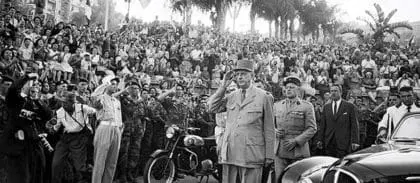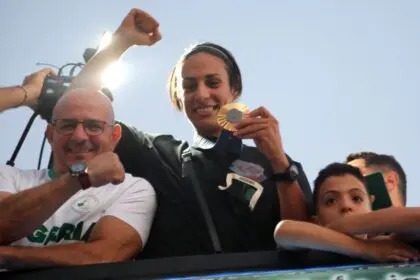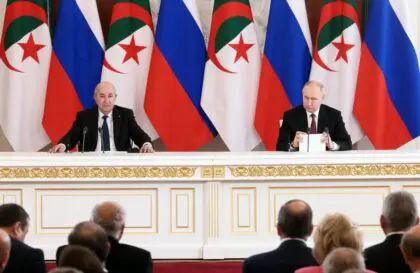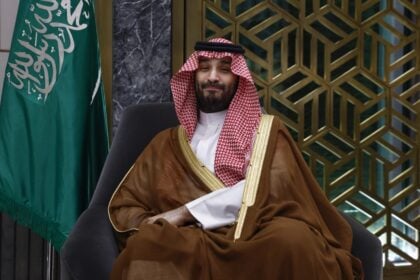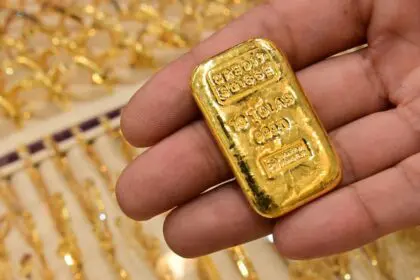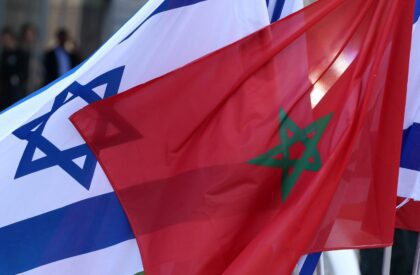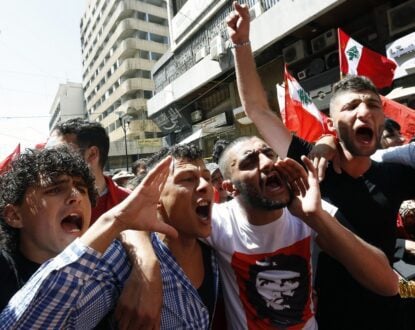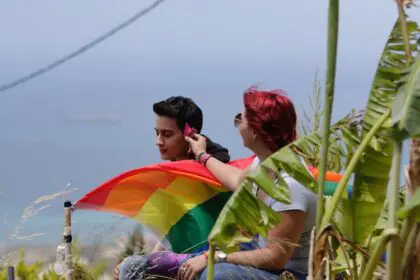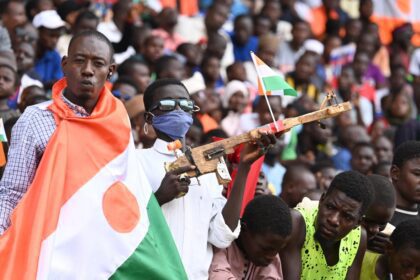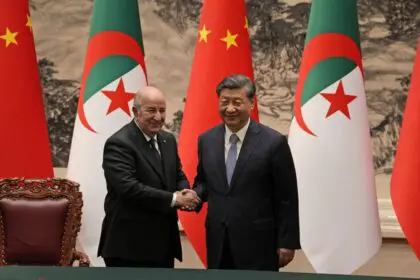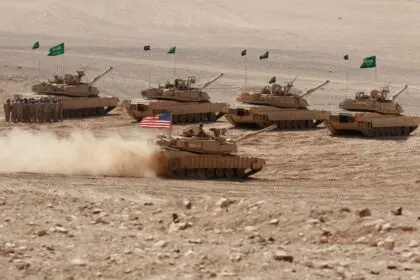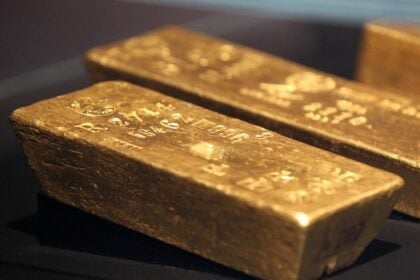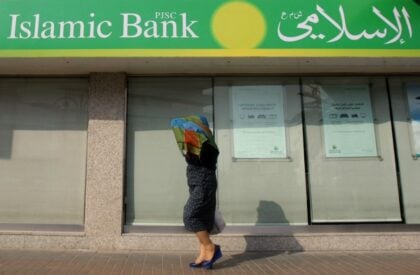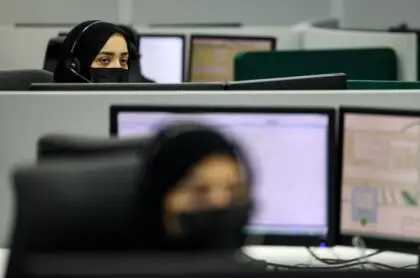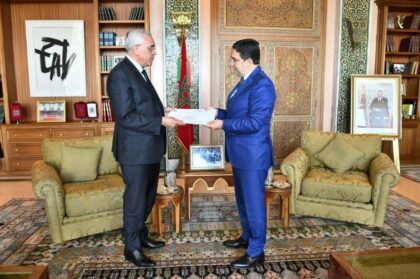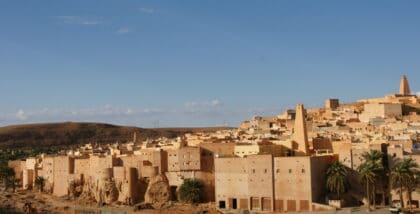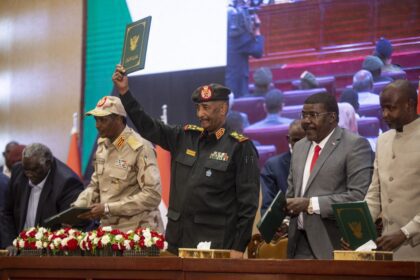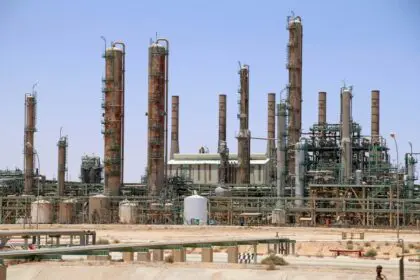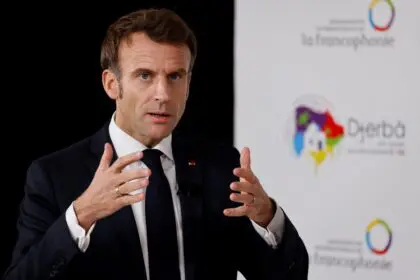
Introduction
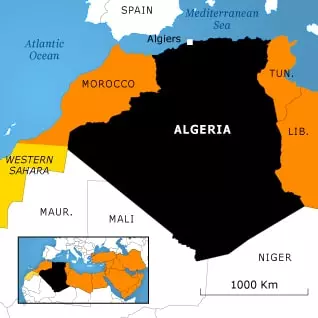 Algeria, (officially People’s Democratic Republic of Algeria), is located in northwestern part of the African continent. The country is bordered to the west by the Kingdom of Morocco and to the southwest by Western Sahara. Algeria is bordered to the southwest by Mauritania and by Libya and Algeria to the east. On the south, there is Mali and Niger, while in the north there is the Mediterranean Sea.
Algeria, (officially People’s Democratic Republic of Algeria), is located in northwestern part of the African continent. The country is bordered to the west by the Kingdom of Morocco and to the southwest by Western Sahara. Algeria is bordered to the southwest by Mauritania and by Libya and Algeria to the east. On the south, there is Mali and Niger, while in the north there is the Mediterranean Sea.
The Algerian people went through a revolution on the first of November 1954 against the French colonialism that spanned for nearly a century. According to local estimates, more than a million victims were killed during the National Liberation Revolution. Independence was finally declared on the fifth of July 1962.
During the 1990s, Algeria entered a dark tunnel with an armed conflict that lasted ten year between official authority and Islamist groups. This era is called the Black Decade. At the end of the second decade of this century, Algeria witnessed a peaceful revolution that forced President Abdelaziz Bouteflika to resign.
On 19 December 2019, Former Prime Minister Abdel Majid Taboun became the president of Algeria after multiple presidential elections. Taboun is the eighth president of Algeria since independence.
The economy of Algeria depends mainly on the oil and gas sector. This sector contributes by 20% to the Algerian GDP (85% of the country’s total exports).
Algeria is the largest African and Arab country and the tenth globally by area (2,381,740 square kilometers). The airspace extends to the south by more than 1,800 km beyond the Tropic of Cancer.
According to estimates made at the beginning of 2021, 70% of the total population (44.6 million in total) live in the northern part extending between Atlas mountain range and the Mediterranean coast. The capital Alger is located in that northern part of the country.
In Algeria, there are three official languages: Arabic, French, and Amazigh (Berber). About 99% of Algerians are Sunnah Muslims.
Algeria is an Arab country. Its formal governance system has a democratic character since the introduction of multi-party politics in 1990. The President of the Republic is the highest authority in the state. In accordance with the constitution, the president has to be elected by universal suffrage for a single presidential term of 5 years. This term can be only extended for another one.
The President appoints the Prime Minister, who in turn appoints the Council of Ministers. The local currency is the Algerian Dinar (1 dinar = $ 0.0083).
Oil, natural gas, iron, phosphates, uranium, lead and zinc are the most important natural resources in Algeria. Algeria has a large reserve of crude oil estimated at 12 billion barrels, in addition to a huge gas reserve of 4.5 trillion cubic meters in 2018. The Algerian state is ranked eighth in the world in gas production.
Algeria’s water resources depend on rainwater in the north (ranging between 400 and 670 millimeters per year in the coastal region), in addition to the waters of the valleys and rivers. The Chlef River is the largest one in Algeria with a length of 725 km. The river rises in the Atlas Mountains and flows into the Mediterranean Sea. Groundwater in the desert areas constitutes an additional source of water.
Regarding the strength of armies and armaments, Algeria was ranked 26th out of 145 countries included in the 2023 Global Firepower Report.
The Algerian press relatively enjoys freedom compared to the rest of the Arab countries. 120 daily and weekly newspapers are published mostly in Arabic and French. Out of 33 national TV channels in Algeria, 16 are broadcasted in Arabic, one in French, 4 in Amazigh. 13 TV channels have a religious character. Each one of the 48 Algerian provinces has a local radio channel.
Prominent public faces include Prince Abdel-Qader Al-Jazaery, Abdel-Hamid bin Badis, Malik bin Nabi, Katib Yassin, Mohamed Deeb and the philosopher Ibn Khaldoun.
The Algerian national football team is called the “Foxes of the Desert” and “the desert fighters”. The team that has been founded in 1958 during the French colonialism joined FIFA in 1962 and the Confederation of African Football in 1964. Algeria’s national team participated in the FIFA World Cup four times in 1982, 1986, 2010 and 2014. It has also participated 18 times in the African Nations Cup and won the title in 1990 and 2019.
The northern part of Algeria enjoys a Mediterranean climate with mild and relatively rainy winters. and temperatures ranges between 21-24 ° C in summer and 02-12 ° C in winter.
In general, rains are irregular. Sometimes they are very strong and distributed unevenly. There are no rains during summer. Rains are heavy in the mountains during winter. The same applies to rains I the high highlands during spring. The desert areas are characterized by absolute droughts that are occasionally interrupted by unexpected rains.
Algeria is characterized by a series of low coastal plains such as the plains of Oran, El Moujida and Annaba. These plains are famous for the production of crops, vegetables and fruits.
High interior plains in Tlemcen, Sidi Bel Abbes, El Sarso and Constantine are used in cultivating grains and vineyards. In addition, there are two parallel mountain ranges: the high Atlas at the north and the Saharan Atlas at the South. The height of these mountains ranges between 800 and 1,000 meters.
These series of mountains are interspersed with salt-water lowlands. In addition, there are mountainous heights between the north and south of Algeria. The series consist of a chain that extends for a length of 700 km, which forms a natural barrier in the face of the desert. These mountains are interspersed with natural paths through which runs the most important means of transportation between the desert and the north. The mountain of Aures is the highest mountain in this region (at 2,329 m at the top of Jebel Chelia).
The list of most attractive touristic destinations includes the generous botanical gardens, the iconic monument to honor the martyrs of independence, the Catholic Church (Our Lady of Africa) and the Bardo National Museum.
Driving vehicles is right sided as the rest of the countries in the Middle East and North Africa. Algeria time is (GMT1+), while the call code is +213.
Latest Content
Below are the latest articles by acclaimed journalists and academics concerning the topic ‘Algeria’. These articles are posted in this country file or elsewhere on our website:



